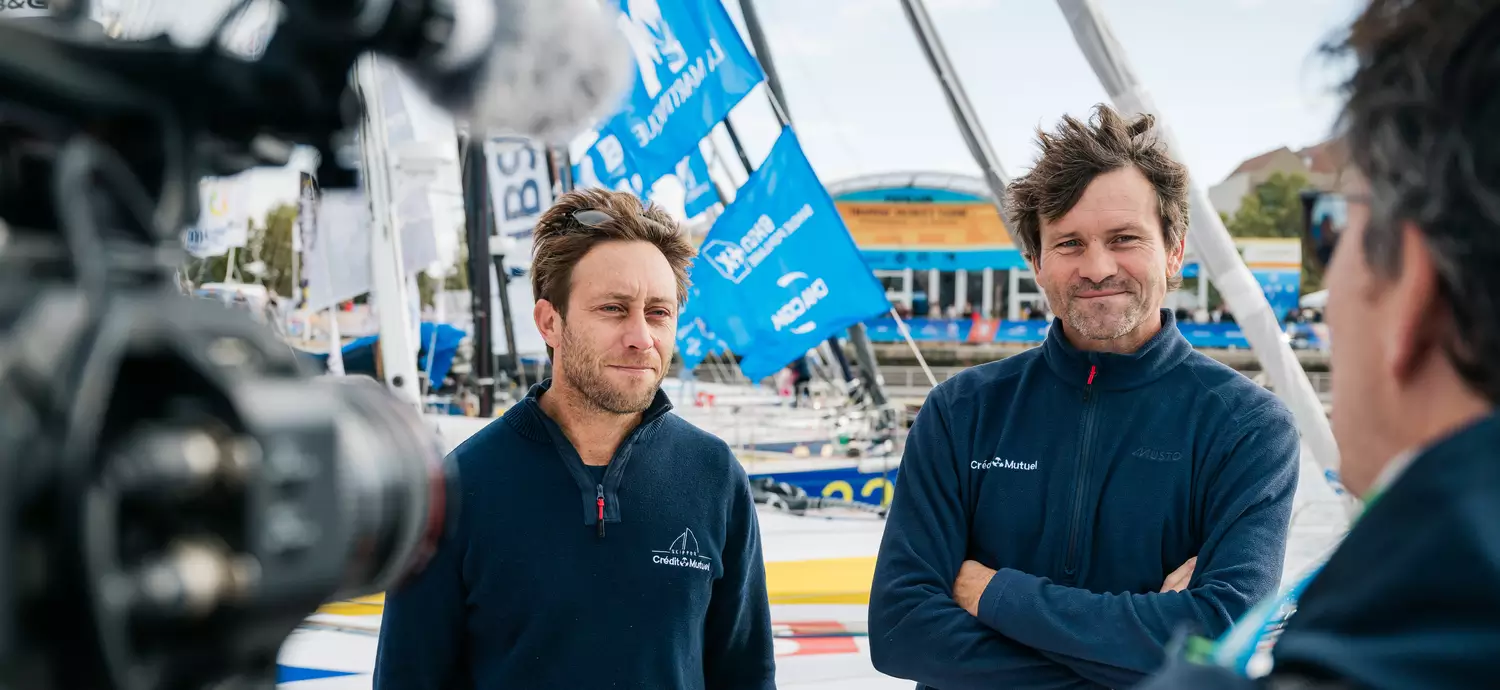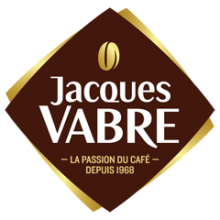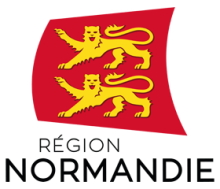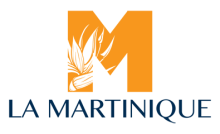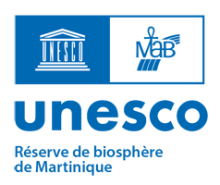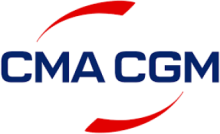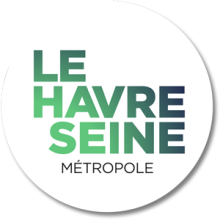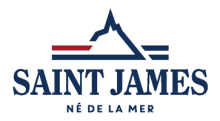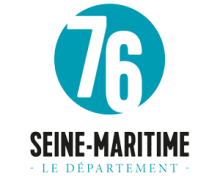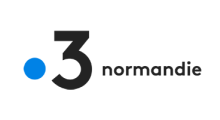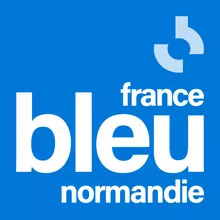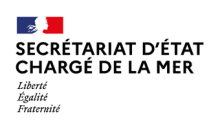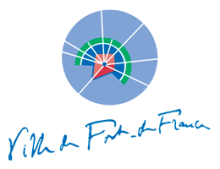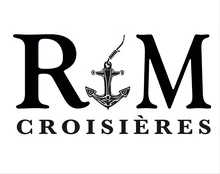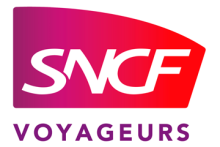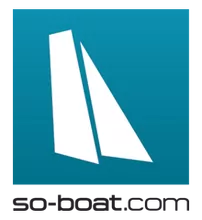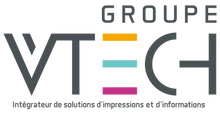Next to her neighbour on the pontoon, Edenred, the red paintwork on Crédit Mutuel shows she is that bit older. The Raison designed boat was launched in 2019. The first scow, which won the race in 2019 in the hands of Ian Lipinski and Adrien Hardy, is the boat that changed everything in Class40, leaving the old pointed bows behind (there are only 13 of them this year) and imposing a new type of design. The crew were a bit late for our interview, but that was for a good reason, as Ian Lipinski was taking part in a beach cleaning operation in Le Havre. That gave us a chance to have a good look around inside this 40-foot boat whose maximum beam runs practically right up to the bow.
Class40 boats are radical, yet simple designs. No canting keel and certainly no foils… The open space inside is very light with sunlight entering through the glass in the hulls, where the use of carbon is prohibited to keep costs down. Very little headroom, very little comfort in the middle of the bags, six sails and twenty cans of waters used for stacking that the sailors move from one side to the other during the fortnight of racing. The computer screen attached to the upright support serves as a nav desk. There is no galley, but a simple ‘jetboil’… Inside the cockpit, everything echoes like inside a drum.
Ian and Antoine, you are seen as the favourites by many in Class40 after your brilliant 2023 season. Are you happy with that status?
Ian: No, we are the real outsiders! The dock is full of favourites, but let’s say that if we don’t have any major problems and if we don’t do anything stupid, there is no reason why we wouldn’t be up amongst the frontrunners. Apart from the problems that I had in the Coffee Race two years ago or the last Route du Rhum, Crédit Mutuel has always been up there at the front.
You’ve got a friend that usually brings luck to the race…
Ian: I don’t know whether Antoine will bring me luck, but I do know what he does give me already. His skill in Class40, all his experience obtained on all sorts of boats and above all his ability to remain patient. I tend to be a bit too excited at times. Antoine knows how to calm things down, when things aren’t going as planned, so that makes me relax before such a big race.
Antoine: It’s true I have always done well in the Transat Jacques Vabre (he won the last three races, twice in Class40, once in Ocean Fifty - editor). We make a strong pairing: the boat has been well prepared and fine-tuned. The same goes for the sails and the pre-season races showed what we could do. So, we are going to try to continue like that.
What has changed between your first win in Class40 (with Maxime Sorel) in 2017 and today?
Antoine: Everything! There weren’t any scows back then. There were two or three boats really competing to win the race. This year, half of the boats lining up can hope to win, and add to that the experience of the sailors, there are really ten boats that could easily win. The line-up is that much stronger.
Ian, it’s your fault that the scow has changed everything!
Ian: It’s especially the fault of the designer, David Raison. He’s the one that should be honoured! In 2009, he launched the Mini scows. Now, the design can be found everywhere in ocean racing. It took a while, but we knew from the start that it works. It is quite common to see people resist change and slow down innovation, but that happens too in sailing. Class40, as in the IMOCA class modified their rules to limit the phenomenon and prevent us from making boats as extreme as we might have liked, such as the scows on the Great Lakes (with much more rounded bows). Now, 35 boats have been built based on this logic, with lots of variations and interpretations, so it is very interesting.
Antoine: In fact, since n°158 (Crédit Mutuel), all of the new boats have been scows. Designers like Manuard, Verdier, Lombard,… who already designed Class40 boats understood the lesson and came up with their own version of the scow. We won’t be turning back, unless the rules change, which isn’t going to happen, as that would cut performance. In the last three transatlantic races, the leading Class40s finished ahead of older generation IMOCAs, which is a good advertisement for our boats.
Ian: It is important to stress that with a simple change to the shape of the bow, unlike with the foils or canting keel, there is no extra cost, but the boats are faster, more fun, easier to handle and more comfortable.
More comfortable? That is not what we tend to hear. It is said to be Hell aboard them!
Ian: I’m talking about comfort in terms of stability and trim. There is less stress when sailing downwind. You don’t luff up as much and never broach, which is a huge bonus. With the Mini and Class40, it’s been nine years since I sailed merely on a scow, so maybe that has affected me!
Antoine: It is less wet on these boats. But when diving in upwind, it’s tough and sickening. Incidentally, I did the Fastnet this summer on an IRC boat with a rounded nose. The lads thought she slammed a lot, but it was fun in comparison to what we experience on a scow. Fortunately, the boats are solid and well built with everything reinforced, because they do really slam.
Have you found a way to deal with that violent movement?
Ian: We sit down on bean bags, as you can’t put your bottom down on the hull, when the boat is sailing fast, as you’d break your coccyx. You really need something under you to absorb the shock.
Antoine: The boats dig in less. It’s more violent, because they are fast and there is a lot of volume to come out of the water. A lot of skippers have been injured in Class40, when they were sent flying forwards in the boat, as there are no compartments. Ian added nets at the level of the mast to avoid that, which isn’t a bad idea…
What has led the standard of racing to improve so much in the class?
Ian: The boats are more attractive, so more professionals from other classes join in. We probably took advantage too of a moment of doubting in the Figaro class, so a lot of sailors turned up from that background.
Antoine: Then, there is the fact that there is a great race programme and you can do legendary races like the Route du Rhum and the Transat Jacques Vabre. So skippers stay here, like Corentin Douguet, who aims to build a new boat. The steep rise in the cost of an IMOCA also had an effect, as the entry cost these days is incredibly high. We are still on a scale of one to ten between a Class40 and a 60-foot boat.
You said there were around ten pairs capable of winning. How do you deal with that when racing, looking at strategy and tactical positioning. Do you go for the best route or try to keep your opponents in check?
Ian: Before the race starts, I prefer to think about lining up with ten favourites rather than two or three, as was the case when the scows began. It means I focus more on what I am doing. Psychologically, it is much more comfortable, in terms of the media and even between ourselves on the pontoon. I like to be forgotten and then suddenly appear at the right moment.
And tactically during the race?
Antoine: If you are behind, you need to identify when you can go on the attack, when the risk is low and gains can be high. At other times, there is nothing to play for in terms of strategy and you just need to be quicker than your rival. Then, once you are out in front, you have to keep the others in check. Two years ago with Pablo (Santurde del Arco), that is what we did from the Cape Verde Islands to Fort de France. We would have liked to go further south, but seeing no one did that move, we stuck between the fleet and the finish. We were lucky that everyone played the same card, as otherwise, we would have had to choose our option with the risk of a big loss…
Antoine, you may be joining Jean-Pierre Dick and Franck Cammas as a four-time winner. Iis that something you are thinking about?
Antoine: Of course, when you are a sportsman, you want your name to remain. Winning the Transat Jacques Vabre is a good way of finding money and activating networks, but for the moment, I’m not imagining too much. I’m pleased to be here as fellow crewman, which is what I have been doing for thirty years. I enjoyed setting up the Redman project (winner in 2019 - editor) but it is not the same sort of family. It takes a lot of time and you are never really available. It’s something of a luxury to be a crewman, and I still have that ability, as they keep calling me up. Maybe, I’ll suddenly want to start a new project during the race, but that will be something to talk about at the finish.
And you Ian, it is often said that Class40 is the gateway to the IMOCA class and the Vendée Globe. Why have you decided to continue on a 40-foot boat?
We did talk about IMOCAs, but just now we mentioned the budget required and Crédit Mutuel suggested I build a new Class40. I didn’t hesitate for more than two minutes and said I would, as this is very exciting and the idea of continuing for the long term with a partner who trusts me is the right choice. Intellectually, I love design work. I have already been behind the design of a new Mini. There was this Crédit Mutuel which represented a turning point for the Class and now another one on the way, which is fantastic. To be honest, in terms of racing, it is so much fun. An IMOCA is a different challenge, but you don’t get to sail as much. The Class40 circuit alternating fleet races and major events with other classes suits me perfectly.






